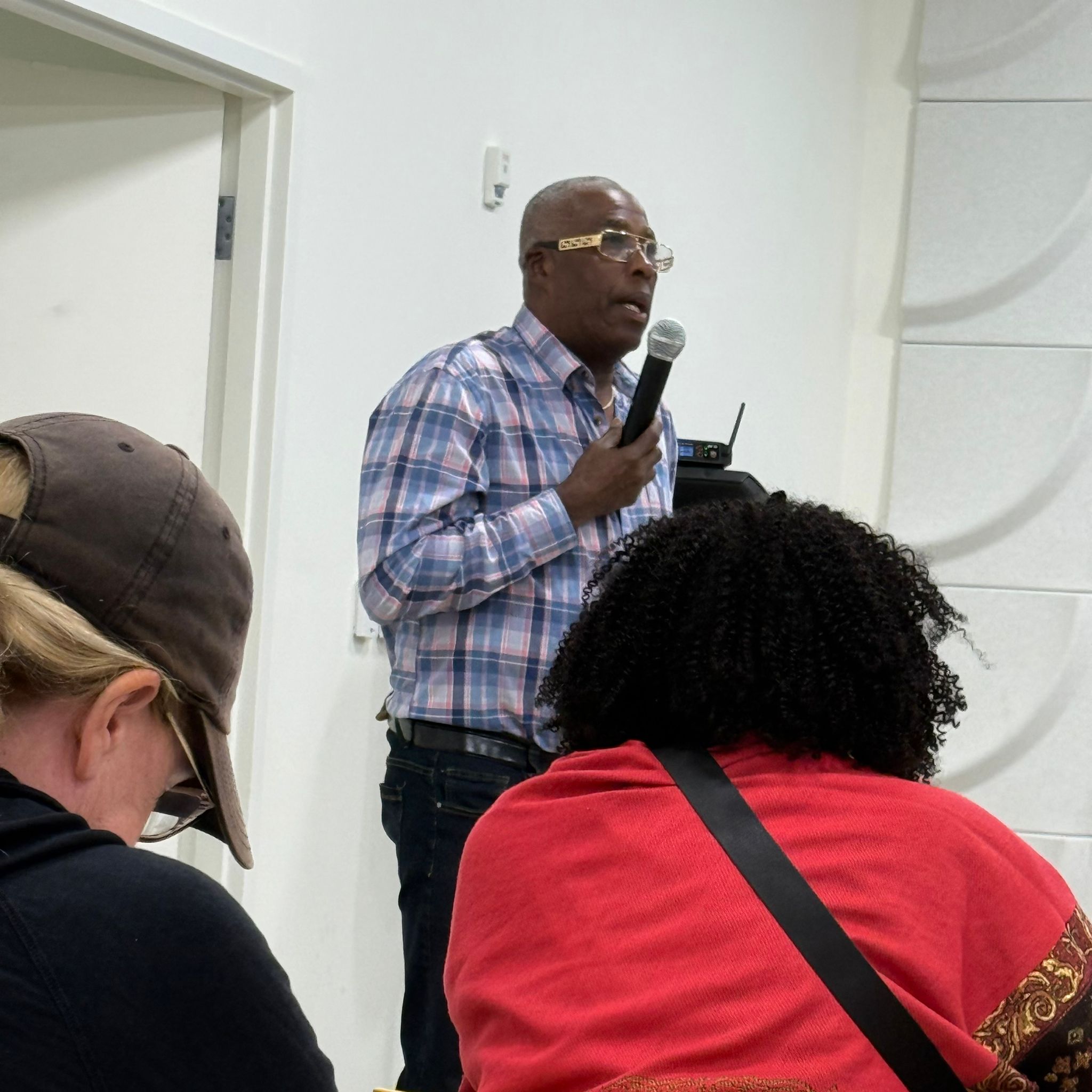Navigating Challenges: Immigrants and the U.S. Education System
In the journey of immigrants in the United States, resilience, hope, and the pursuit of opportunities are central themes. However, within the complex landscape of a new country, navigating the education system can pose formidable challenges. This exploration delves into the difficulties immigrants often encounter, focusing on language barriers, economic struggles, and limited access to work, all of which significantly impact their educational experience.
For many immigrants, one of the initial hurdles in the education system is the formidable language barrier. Imagine arriving in a new country, eager to learn, only to be met with the unfamiliarity of a language that dances on unfamiliar tongues. English proficiency is crucial for academic success, and without it, the classroom becomes a realm of ambiguity.
Navigating lectures, textbooks, and social interactions becomes a daunting task. Limited language skills often result in a sense of isolation and hinder the ability to comprehend complex subjects. This language divide extends beyond the classroom, affecting communication with teachers, making parent-teacher interactions challenging, and inhibiting the active involvement of parents in their children’s education.
Economic difficulties form another substantial barrier for immigrant families. Many arrive seeking the American Dream, aspiring for a better life for themselves and their children. However, the reality of financial strain often overshadows these dreams. Low-income immigrant families may find it challenging to provide the necessary resources for academic success, such as textbooks, school supplies, or even a quiet space for focused study.
Moreover, the need for parents to work long hours to make ends meet can result in reduced parental involvement in their children’s education. The struggle for economic stability may force young immigrants into part-time jobs, detracting from the time and energy they can invest in their studies.
Access to work is a crucial aspect of the immigrant experience that significantly impacts educational pursuits. Due to immigration status restrictions, many immigrants face limitations in securing stable employment. For undocumented individuals, the challenges intensify, as they often find themselves relegated to low-wage jobs with limited prospects for advancement.
The necessity for teenagers or young adults to contribute to family income may divert their focus from academic pursuits. Balancing work responsibilities with school commitments becomes a delicate tightrope walk, where the pursuit of education often takes a backseat to immediate financial needs.
In navigating the U.S. education system, immigrants face a multifaceted challenge that extends beyond the classroom. The formidable trio of language barriers, economic struggles, and limited access to work creates a complex web that can hinder academic success and limit the realization of educational aspirations.
Understanding and addressing these challenges is crucial for fostering an inclusive education system that recognizes the diverse backgrounds and struggles of immigrant students. By providing targeted support, bridging language gaps, and creating pathways for economic stability, society can ensure that immigrants not only enter the doors of education but also thrive within its embrace, contributing their unique perspectives to the rich tapestry of the American experience.


